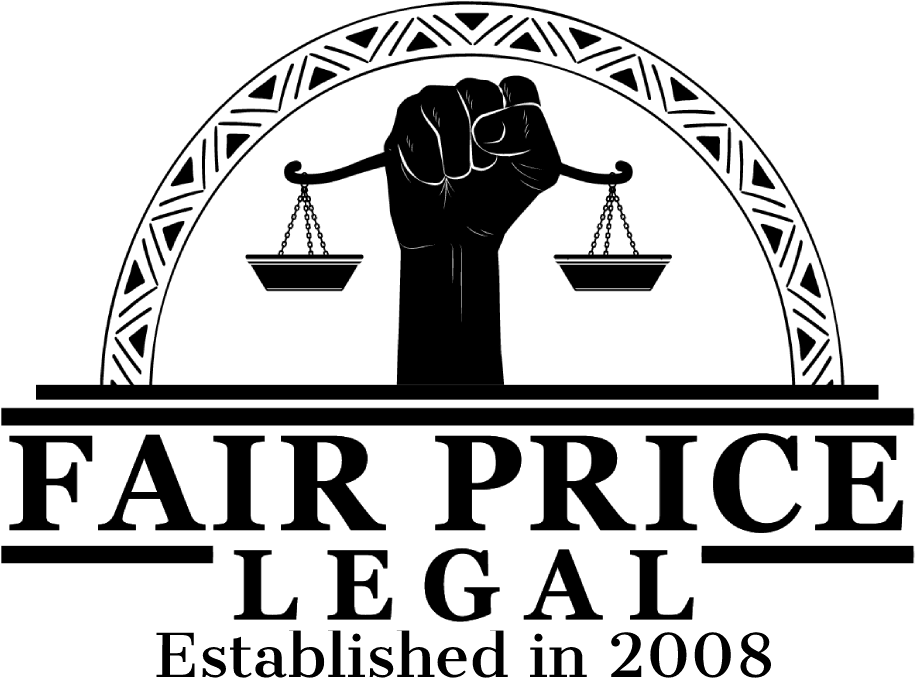Post Marriage Legal Services
It Is Our Goal To Provide You With The Best Service Possible At A Reasonable Price.
We are principally located in the Tallahassee/Leon County area, and regularly serve the Florida Panhandle. We cover represent clients from Pensacola to Jacksonville. We are also active in South Florida (Palm Beach, Broward, St. Lucie, Miami-Dade counties). Overall, our office is a Florida law firm and we represent clients throughout the State of Florida.
Divorce And Separation In Florida
In case of divorce or separation, we assist clients with:
Your Children
Custody, including access to information and decision making regarding your children
Access and parenting schedules, including supervised access
Adoption
Your Property
Property division and the equalization of net family property
Exclusive possession of the matrimonial home and occupation rent
Your Financial Security
Child support and the sharing of expenses (sometimes called "special and extraordinary expenses")
Spousal support
Arrears of support and/or retroactive support applications
Representation in Florida Department of Revenue support enforcement proceedings
Your Safety
Exclusive possession of the matrimonial home
Restraining Orders
Your Future
Varying existing court Orders and agreements ("Petitions to Modify")
International travel with children following separation
Moving with children following separation
Foreign divorce adopting
Dispute Resolution Options
• Mediation
• Court proceedings
• Negotiations
Domestic Contracts And Agreements
• Independent Legal Advice
• Separation Agreements
• Prenuptial Agreements
• Postnuptial Agreements
Uncontested Divorces
• Preparing, serving and filing divorce papers where the parties agree to the divorce
Contested Divorce In Florida
What Is Contested Divorce?
Contested Divorce simply means that you are not able to resolve all of the 5 main issues which need to be resolved before being able to obtain a divorce. These are:
Property Division;
Debt Division;
Spousal Support;
Child Support; and
Child Custody/Timesharing.
Florida courts generally do not allow you to divorce without resolving #1 through #5. Those need to be settled or decided upon before getting a divorce. If you and your spouse cannot settle your issues, you will need to have a hearing and a judge will decide.
How To Resolve A Contested Divorce In Florida
This is usually done through filing a Petition for Dissolution of Marriage with the circuit court in the Florida county you and/or your spouse reside in. The are also other forms or pleadings that need to be completed and filed to get your divorce started.
If you and your spouse have property together that needs dividing, you or your spouse are seeking spousal support (alimony/palimony), you have children under 18-years-old (minor children), then you will most likely have a contested divorce.
Once you file your Petition for Dissolution and related pleadings, you will need to serve it to your spouse. He/she will have to respond to your Petition and perhaps file his/her own Counterpetition seeking any of the #1 to #5 items that apply to his/her case.
Once that is done, both you and your spouse will need to file and serve Financial Affidavits and you will also have to provide Mandatory Financial Disclosure, which means you and your spouse have to provide each other with a complete financial picture. Your disclosure may consist of several months' worth of bank statements, 3-years of tax filings (complete filing with all forms), deeds, insurance policies, retirement statements, and so on. Part of the purpose of Mandatory Disclosure is so that both you and your spouse are fully aware of what is at stake and so that the judge has an idea about your finances and abilities to divide property and/or pay spousal and child support.
After complete disclosure, you, and your spouse most likely be required to Mediation. Mediations is where you and your spouse (and your lawyers) meet in an informal setting before an impartial third party (mediator) and try to see if you can settle your issues. If no settlement is reached, then litigation continues and ends with a trial.
Contested Divorce And Trial
If all else fails and you have to go to trial over your issues, you will have to explain to the judge what your story is, prove the property and debt and its value, your incomes, your abilities to care for your children, etc.
Needless to say, trials are intensive, traumatic at points and very lengthy. Based upon our experience, the average length of a trial is 2 to 30 business days because you need to explain your life story to a judge and prove all the points you want to be recognized in court. It is not as simple as you may imagine it to be.
If no settlement is reached, depending on your case, costs of trial with the assistance of a lawyer can range anywhere between $10,000 to $500,000 or more. If you can avoid having a trial, you should. However, you may find yourself with no other choice. This usually happens when you or your spouse wants the other to suffer, you or your spouse want to stay connected through litigation, you or your spouse are unreasonable and consumed with vengeance, etc. Needless to say, in cases where you and your spouse want to fight more than settle, it is usually the attorneys that come out on top by making a lot of money that could have been used for you or your children.
Trials need lawyers because a judge is not going to give you legal advice and is often dismayed at the disorganization and lack of legal knowledge when self-represented litigants try to do it themselves.
Our advice? Just avoid trials. We don’t like them either. If not, at least consult with a family lawyer at all stages to ensure you obtain what you deserve. Sometimes saving on trial costs can cost you more in losing assets/custody because you didn’t know what to argue or show to the judge.
Contact us today for a free 15-minute phone call.
Equitable Distribution Of Marital Assets In Divorce
Equitable distribution is "legal speak" for fairly dividing up what you and your spouse have acquired during your marriage. In most cases, the property has to be in the territorial jurisdiction of the court before the order of judgment can have any teeth. What does that mean? In many cases, if you are getting divorced and you and your spouse have property such as a home in another sovereign country, a Florida judge or court may not have the authority (jurisdiction) to enter an order requiring the property in the other country sold (partition). However, in some instances, a Florida judge may have the authority to require one party to sign over title to the out-of-state or out-of-country property to the other party.
How is marital property determined? Good question. Generally, anything you and your spouse have acquired during your marriage could be considered marital property and be subject to division. But suppose you and your spouse have been separated for a long time, what happens then? Is there a cut-off date? The answer to that is, maybe. Usually, the cut-off date to determine what may be marital property is either the date you and your spouse entered into a valid separation agreement, or the filing of a Petition for Dissolution of Marriage.
Often, we have had people tell us they had certain property before they were married, and that property is not part of their divorce. However, that is not entirely true. If a party can establish that their spouse's pre-marital or non-marital property was "enhanced" by use of marital funds or labor, the "enhanced" value is subject to division! What does this mean? Let's say while you were single, your parents bought you a home. 10-years later you met the love of your life and got married. You and your spouse lived in the house your parents bought you, but the house was always only in your name, not your spouse's. Or, to make this even more interesting, let's say you and your spouse NEVER lived in the house your parents bought you ("Gift House"), and you lived elsewhere but rented the Gift House out. You and your spouse have been married for a few years and during that time you and your spouse made improvements on the Gift House, or you used monies earned during your marriage to spruce up the place, and over the years the Gift House's value jumped from $200,000 to $600,000. Now, you and your spouse, after years of marriage, are getting divorced. Well, in this example, the difference between the original value of 200k and the increase to 600k (600-200=400), could be subject to equitable distribution.
Keep in mind, in a general sense EVERYTHING you and your spouse have acquired during your marriage, whether asset or liability, could be ordered to be "fairly divided." Remember that $100,000 student loan your spouse has been paying on? Yep, half of that debt could be yours after divorce. Remember the plot of land in Lee County your grandparents left you when you were just a kid but is now worth a gazillion dollars? You guessed it, the difference between what Grandma and Grandpa paid and the gazillion may be subject to division.
Fair Price Legal has years of experience helping clients navigate equitable distribution. Whether it is through business valuation, retirement accounts, real property, stock, bonds, student debt, notes on real property, medical bills, etc. Fair Price Legal has the experience to help you with the least difficulty as possible.



